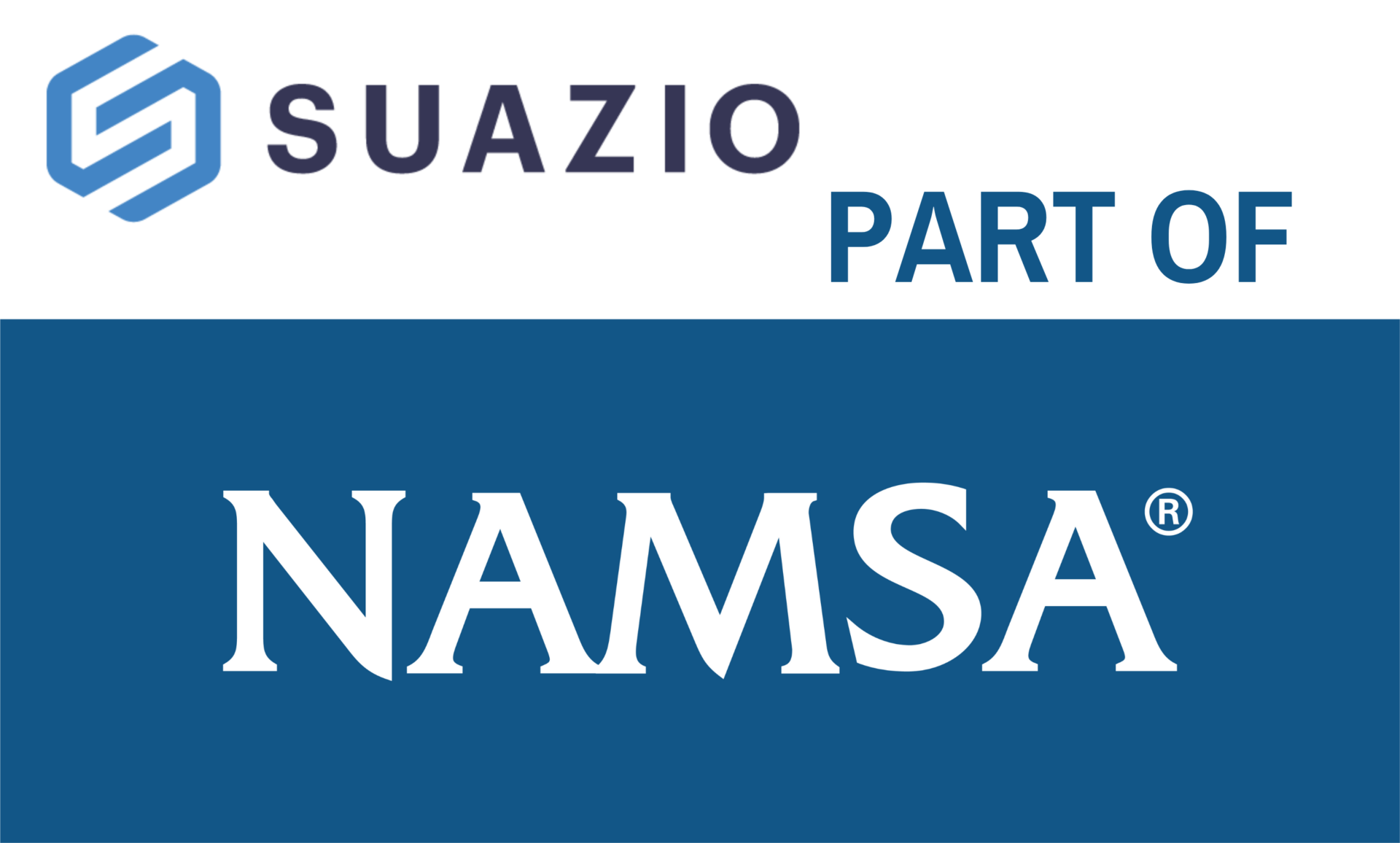Building personas in order to create a sustainable connection with oncologists
The question
For this case, the client wanted to gain insight into the physician identity, solely focused on oncologists in Austria and Switzerland. The question at hand: what are the challenges and characteristics of oncologists, what do they deal with on a daily basis and what can we do in order to connect with them?

The end goal
SUAZIO helped conduct a qualitative study that would provide our client with a more complete and in depth picture of our oncologists. These characteristics would help us segment the target audience into clearly defined personas, which will be used to help our client set up communication strategies that will truly appeal to the oncologists themselves.
These strategies need to make sure that our client knows and understands the oncologist and their challenges – so they can help and assist where and when needed.
Our approach
For this project, a segmentation study was in order. For this, we executed 16 in-depth telephone interviews of 60 minutes with oncologists in Austria and Switzerland. Through these conversations, we wanted to identify the process they go through to acquire new information, build opinions, and make decisions in managing and treating their patients.
The biggest challenge for us: dig deep – and then deeper: physicians tend to speak easily about their job and the therapies they prescribe, but less about their own personal experiences. It was our job to make them feel comfortable and get the answers we needed in order to truly get to know them.
- Do you remember your first patient?
- Do you fear side effects?
- What are your biggest challenges, fears and concerns?
- What were your best and worst experiences?
- Where do you find support?
- Which information sources do you use?
- Why did you become a physician?
- Were you not to have become a physician, which career path would you have chosen?
- How do you deal with bad diagnoses and loss?
- …

Our outcomes
Based on our qualitative analysis of the main motivations and drivers of these physicians, we divided our group of oncologists into two different personas, who both prefer different communication tactics:

-
Patient focused physicians: these experts are more ‘patient centric’. Their main motivation is to improve patients’ health and helping them in the best way possible. They have a high level of empathy and are highly driven to provide quality care. Their biggest reward is saving people’s lives.
- Research focused physicians: these experts are more ‘research centric’. Their main motivation is to do clinical research and pursue new innovations. They like to write articles and contribute to the scientific community. They have a more practical mindset and are driven by career objectives. Their biggest reward is discovering new things.
How this survey will help the customer
With this knowledge, our client can now tailor their communication strategies to these specific needs – and hopefully connect in a more durable way with these physicians. Some of the key takeaways from this study:
-
For patient focused physicians, challenges are more related to improving the patient outcome.
-
For research focused physicians, challenges are more related to increasing administration.
- The decision making process is, for both, mainly driven by the patients’ health.

